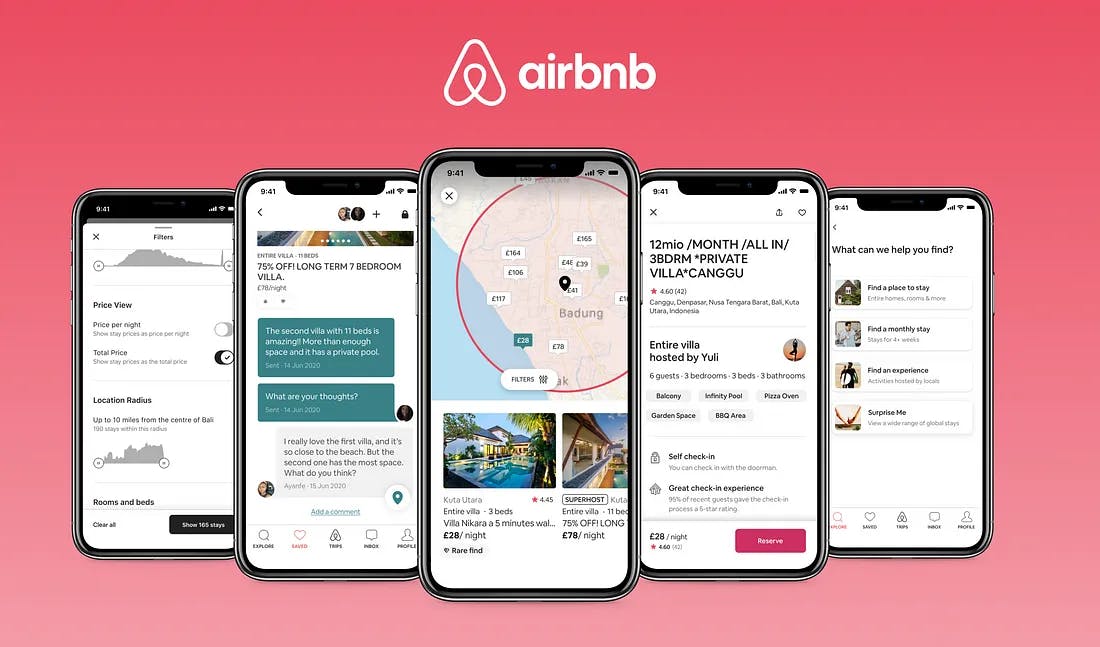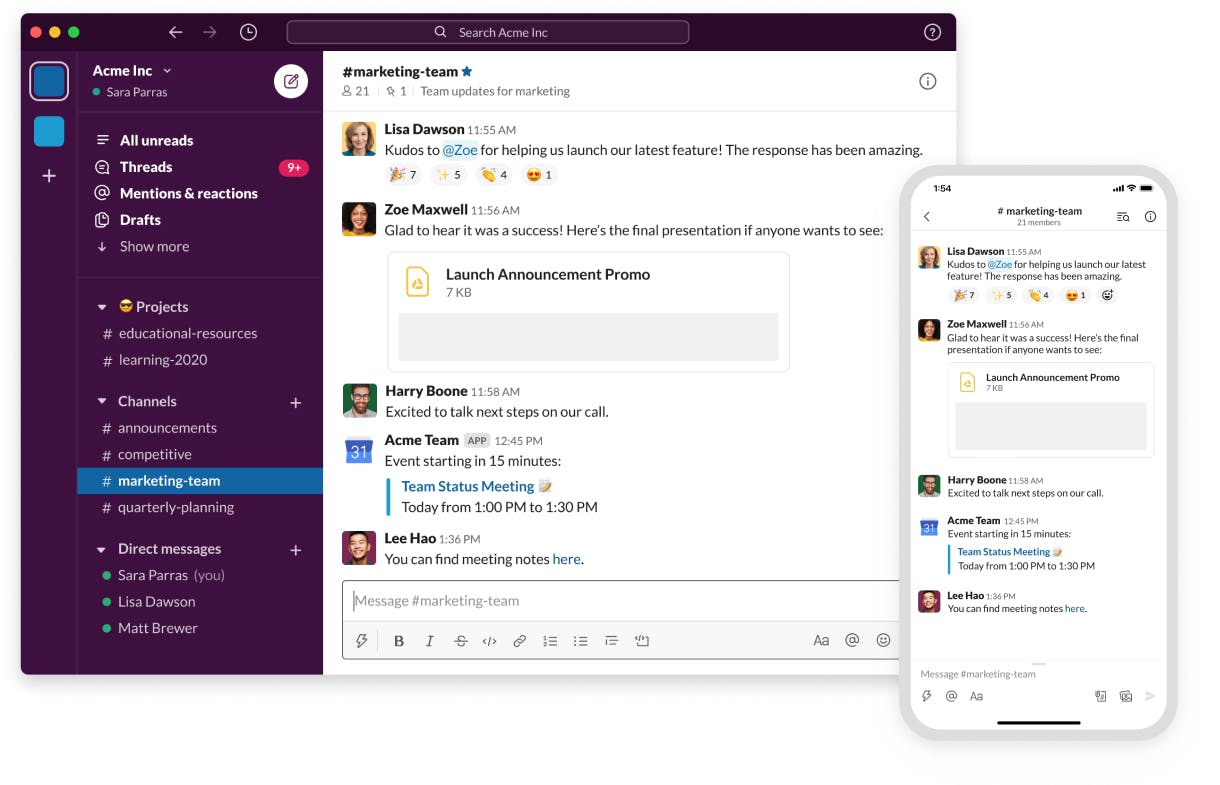Examples of Successful POCs: Turning Ideas into Reality
Proof-of-concept (POC) projects serve as a crucial step in the innovation process, providing tangible evidence of a proposed solution's feasibility. By demonstrating the effectiveness of a concept, POCs can garner support from stakeholders, secure funding, and pave the way for successful product or service launches. Here's a closer look at some notable examples of successful POCs that have transformed ideas into reality:
Airbnb: A Simple Website that Revolutionized Hospitality
Airbnb's journey began with a simple POC: a website that allowed people to rent out their spare rooms to travelers. This low-cost, low-risk approach enabled the founders to test their idea and gather valuable feedback from potential users. The positive response and demand generated from this POC validated the concept and fueled Airbnb's growth into the global hospitality giant it is today.

Slack: From Internal Communication Tool to Enterprise Collaboration Platform
Slack's origins can be traced back to its use as an internal communication platform for a gaming company. The success of this internal POC led the team to recognize the broader market potential of their software. With further development and fine-tuning, Slack evolved into one of the leading communication tools for teams worldwide, transforming the way people collaborate and work.

Drip: Validating an Idea Through Customer Interviews
Drip, an email marketing engine, aimed to validate the value of their product idea by talking to potential customers. The founder conducted interviews within his own network to see how much people would be willing to pay for the product he wanted to develop. This POC approach provided valuable insights into customer needs and market potential, helping Drip refine their product and secure funding for further development.
Instacart: A Quick-and-Dirty Prototype that Demonstrated Feasibility
Instacart founder Apoorva Mehta created a simple app that he used as both the "shopper" and the "customer" to validate his idea of an on-demand grocery delivery service. This early prototype, though rudimentary, served as a powerful POC, demonstrating the feasibility of the concept and securing the necessary funding to launch Instacart into a successful business.
Stripe: Building a Minimum Viable Product (MVP) for Payment Processing
The founders of Stripe recognized the need for a simpler and more developer-friendly way to process online payments. They built a quick-and-dirty MVP that allowed them to test their idea with potential customers, gather feedback, and refine the product. This iterative approach enabled Stripe to identify key features and pain points, leading to the development of a successful payment processing platform.
Walmart: Blockchain Technology for Food Traceability
Walmart faced challenges in tracing the origin and authenticity of food products across its global supply chain. To address this issue, they initiated a POC to explore the potential of blockchain technology for food traceability. The POC involved tracking mangoes and pork from farm to store, demonstrating the feasibility of blockchain-based traceability and paving the way for broader implementation.
NASA: Using POCs to Drive Innovation in Space Exploration
NASA has a long history of using POCs to test new technologies and approaches in space exploration. These POCs have led to breakthroughs in areas such as robotic systems, spacecraft propulsion, and planetary exploration. By embracing POCs, NASA has fostered a culture of innovation and risk-taking, enabling them to push the boundaries of what is possible in space.
The Role of POC Services in Successful POC Execution
POC services providers play a crucial role in the execution of successful POCs, particularly for complex or resource-intensive projects. These specialized firms offer a range of benefits, including:
Expertise and Guidance: POC services providers bring in-depth knowledge and experience in various technical domains, ensuring that POCs are executed with the right level of expertise and adhere to industry best practices.
Specialized Tools and Infrastructure: POC services providers often have access to specialized tools and infrastructure that may not be readily available within the organization, enabling more efficient and effective testing and evaluation.
Reduced Resource Burden: Engaging POC services providers can alleviate the burden on internal resources, allowing the organization to focus on core business activities while ensuring the POC receives the necessary attention and expertise.
Conclusion
POCs serve as a powerful tool for transforming innovative ideas into tangible solutions. By providing concrete evidence of a concept's feasibility, POCs can garner support, secure funding, and guide decision-making throughout the product development lifecycle. The examples of successful POCs highlighted above demonstrate the transformative impact of this approach, showcasing how POCs can turn ideas into reality and drive innovation across diverse industries.